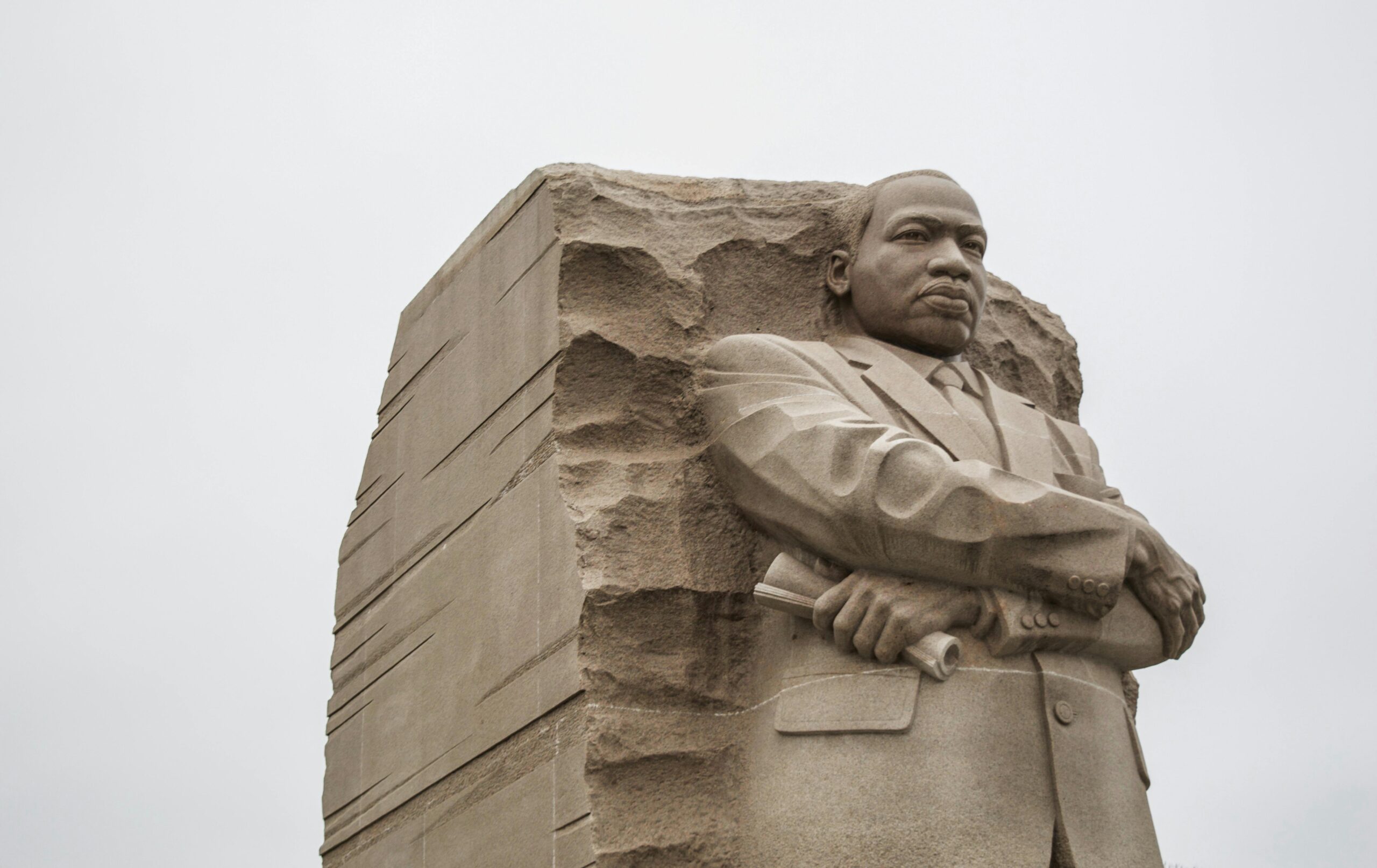Relationships in medical training are never easy. I was engaged while long-distance, planned a wedding from across the country, and did not move in with my husband until six months after we tied the knot. And this was all before the pandemic, so I can only imagine how tough it is now.
It was a disaster in the making with the stress of a husband applying for residency and learning how to live together for the first time. Luckily, we got through that first year of marriage stronger than ever. These are some lessons I learned along the way that can make that newlywed life transition a little easier.
1.Discuss roles and responsibilities at home
I grew up with a Mom who was not employed and took care of everything at home, including cooking, cleaning, and finances. I went into my marriage thinking I had to do the same, on top of being a physician.
I constantly was battling the feeling that my husband was not doing his job as a husband, and my husband was fighting the feeling that I was nagging him to do things more like a mom than a wife.
It never occurred to me that I could have tried just to ask my husband what he thought his role in the marriage might be.
In hindsight, it seems so simple. A simple sit-down between my husband and me to discuss, “What does living together look like to you?” could have saved us lots of wasted time and energy spent fighting when we first moved in together. Do this first before you move in together, and the transition will be much easier.
2. Review your love language before and after marriage
Love languages are ways you express and receive love. However, certain situations can be tricky, so review with your partner ways they can make you feel loved.
It is essential in medicine because long-distance relationships and marriages are often the case for medical school and residency when you can be training in different cities all over the country
When my husband and I were long-distance, I could have sworn my love language was gifts. I loved receiving surprise packages and cards.
However, after we were married, I realized it was not the gifts I loved; it was that he spent time putting them together, or it was the time we spent on the phone chatting about the gifts and the stories around the purchase that I loved. It was quality time that made me the happiest.
Reflect on what makes you feel most loved, then communicate that to your partner once you get married to keep that spark alive.

3. Schedule time
Time is a precious commodity, especially in medicine. Reconciling our differences was especially hard for me because when my husband was a medical student and then a resident, with very little time, I was already an attending working part-time, with tons more space in my schedule.
Many of our initial fights were because I was bored and wanted to chat when he could not talk. So how did we figure out how to spend time when it always felt like he had none?
Consider daily goals. My husband and I designate dinner as our time together. We never eat without each other. If he has a long day and comes home late, I sit with him and chat when he does get a chance to eat. If he is on an overnight shift, he will make it a point to text me during dinner so we can still feel close.
4-It is always a choice to love, and that doesn’t stop with marriage
Marriage is just the beginning of a long journey of learning how to love someone and how to be loved in return. Distance can make this more difficult due to barriers in time, location, or finances. But it is certainly not impossible!
Remember to clarify roles and responsibilities, especially if you are both physicians, because expectations can vary based on your background.
Try to understand what makes your partner feel loved and be specific about what makes you feel loved so that you continue to feel those sparks when your partner satisfies your emotional needs.
Be flexible about defining what spending time together means. Just because we are all busy physicians does not mean we cannot feel fulfilled in love and medicine. After all that we have been through this past year, we deserve it.
Steph Lee, MD, MPH, FAAP is a Pediatrician and preventive medicine specialist and spokesperson for the American Academy of Pediatrics.




